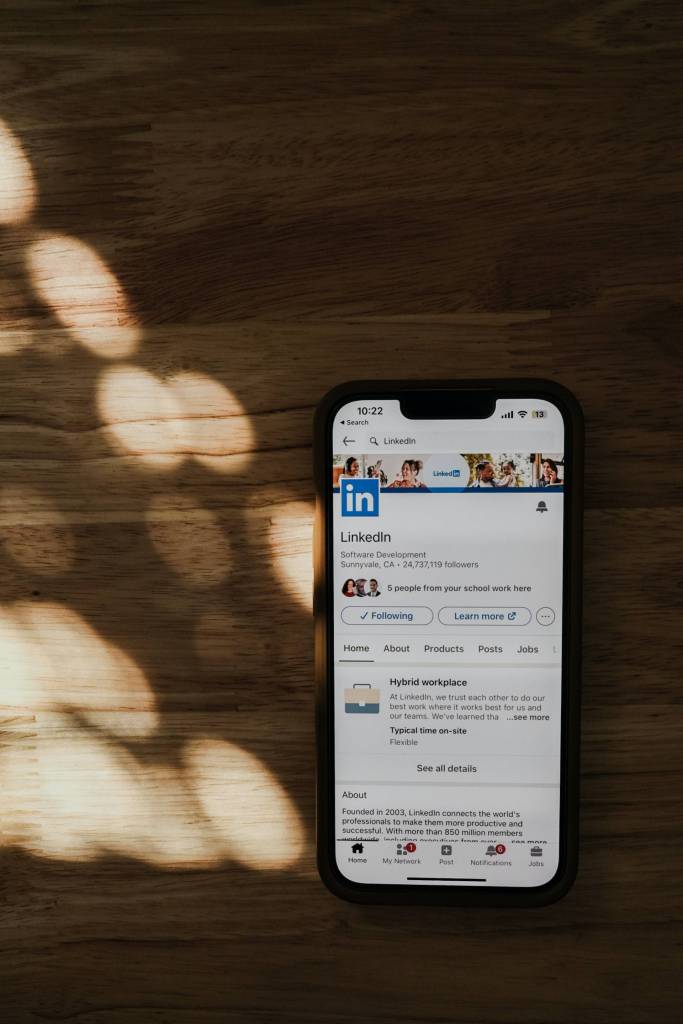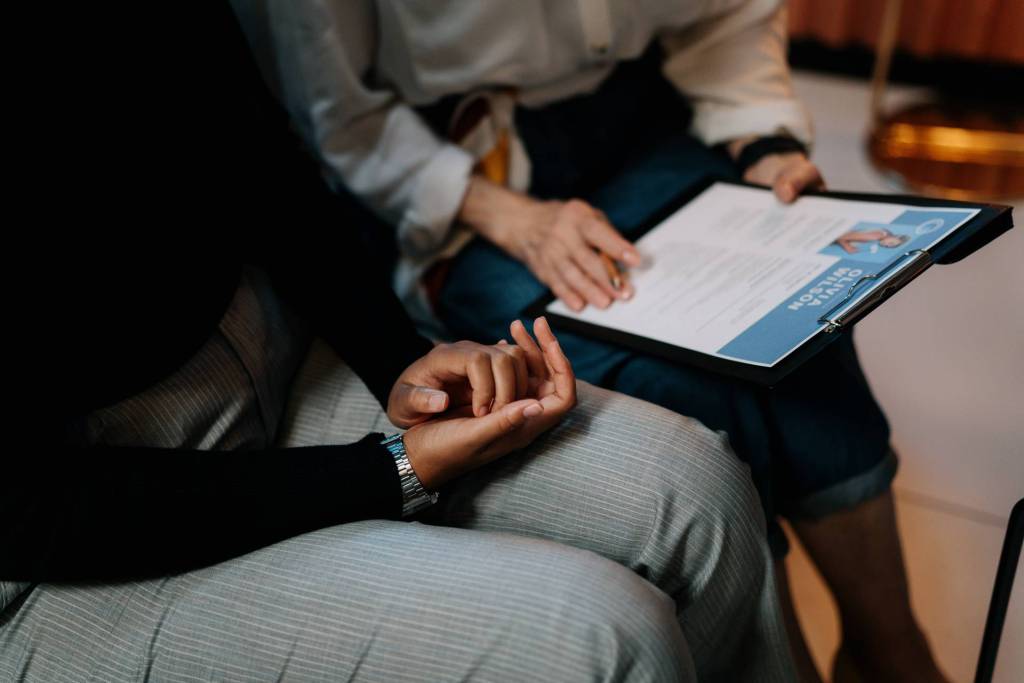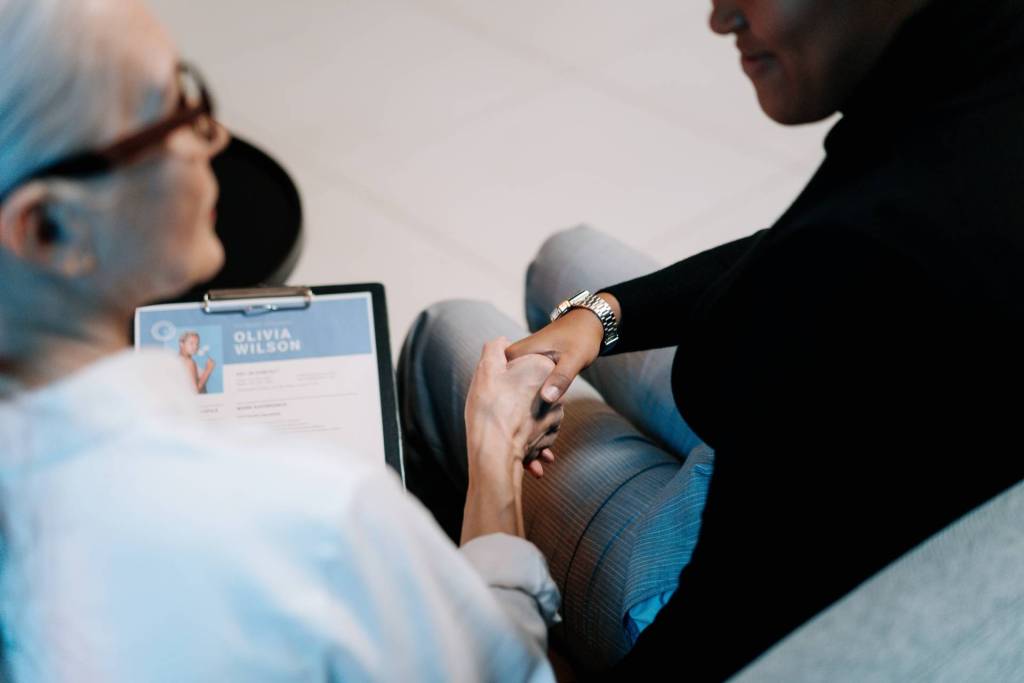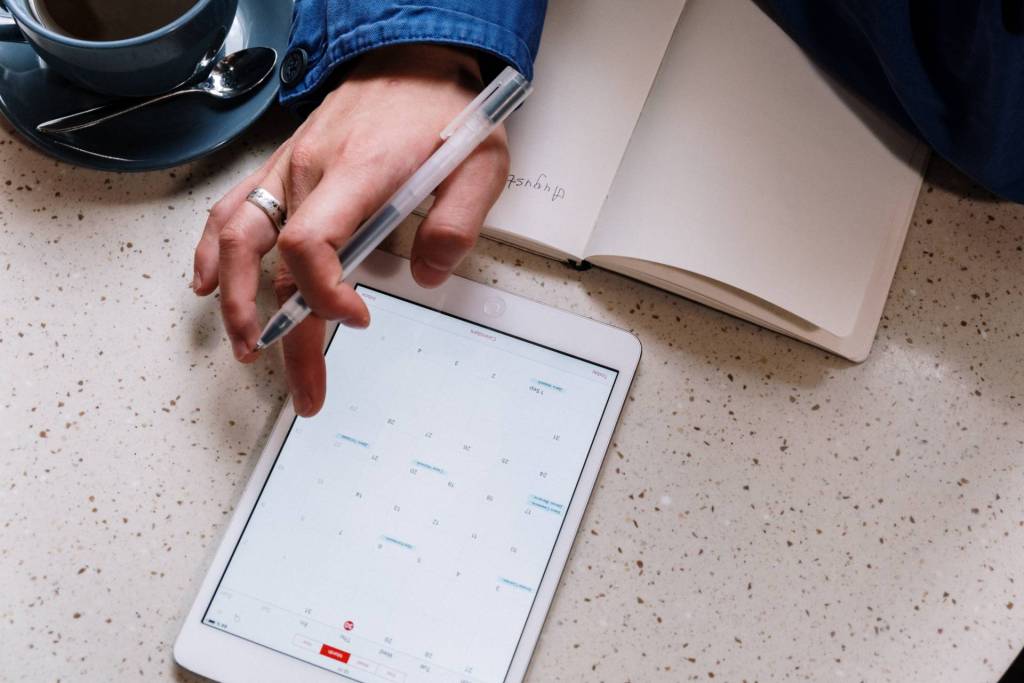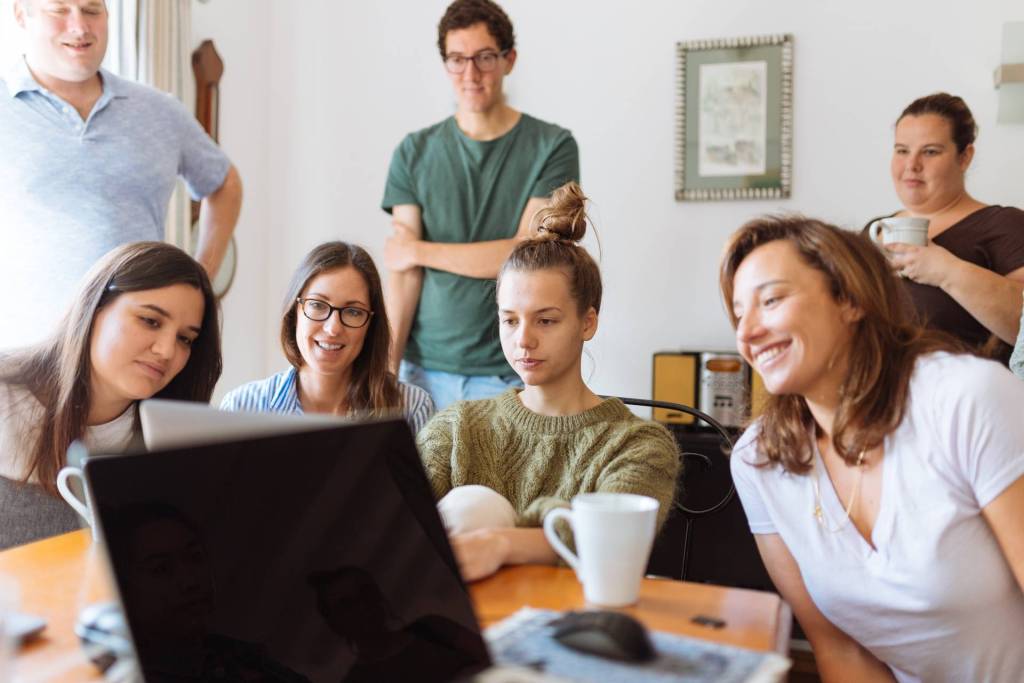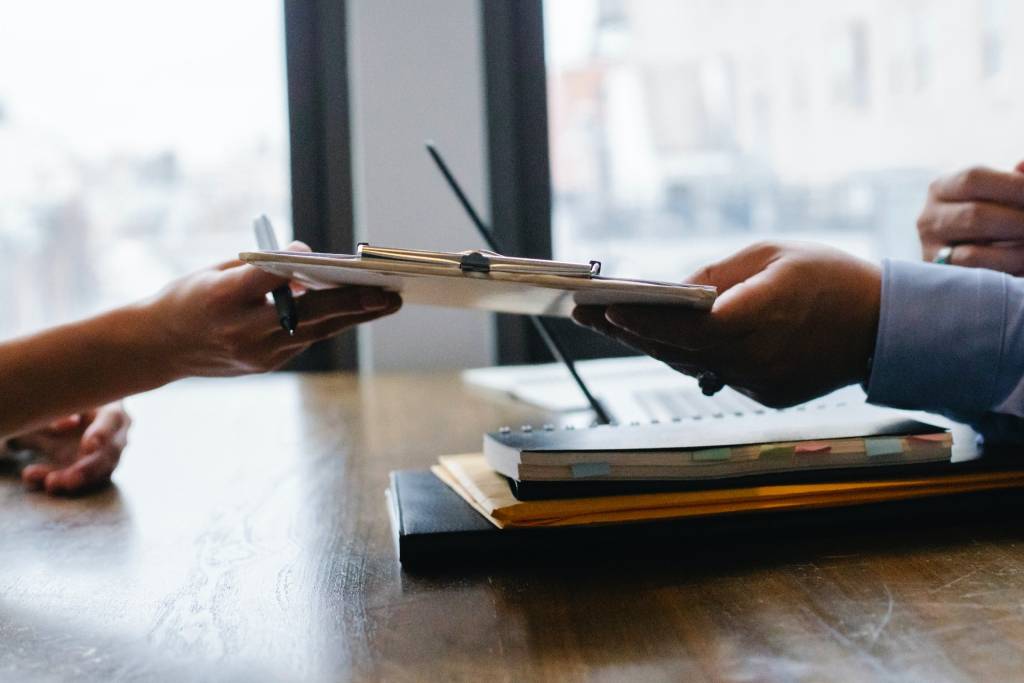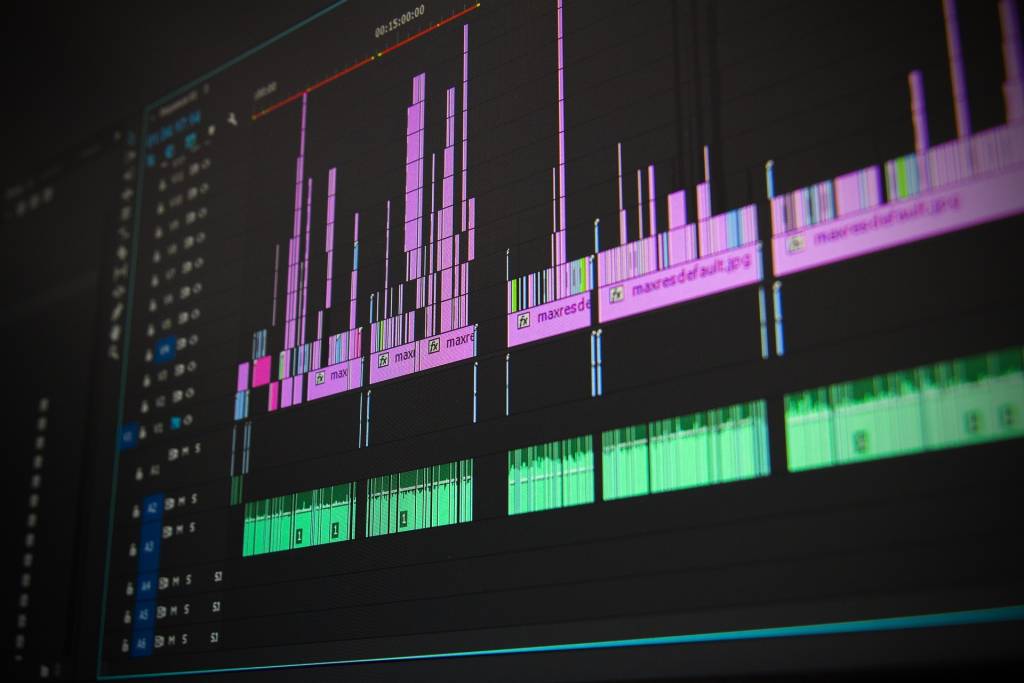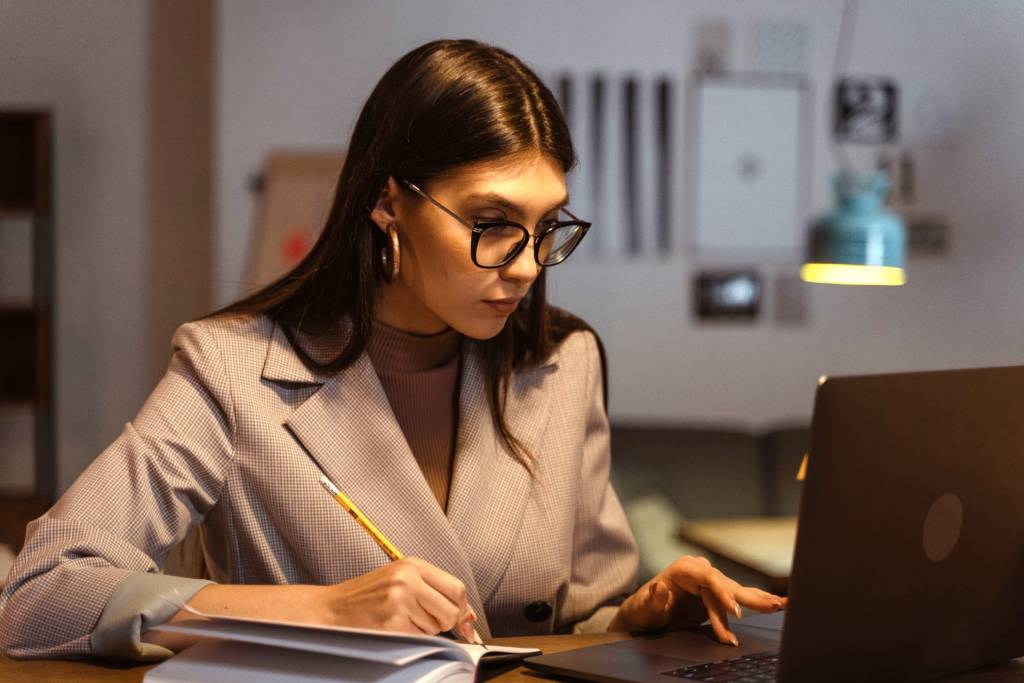Many years ago, in the pre-e-mail era, I snail-mailed my thank-you letter after an interview and was told later by the director of human resources that my thank-you letter was the decisive factor in the company’s offering me the job.
As a career coach, I frequently guide people through such job seekers’ dilemmas. Many of my clients feel confused about the need to write a thank-you letter—and sometimes even more so about its content. Let me take you back to that interview. At a point when the interviewer feels confident about his grasp on your candidacy for the position, he’ll look you in the eye and say, “Do you have any questions for me?” Don’t underestimate that question. It represents another test for you. The interviewer wants to see (1) whether you came prepared for the interview and (2) whether your questions are pertinent, intelligent, and supportive of your future role or whether they’re purely self-serving. Therefore, you are best served if you come prepared with three strategic questions. Yes, I know you probably have many detailed questions to ask, but does the interviewer have that much time?
There are three questions I suggest my clients bring to an interview. All of them are strategic, meaning that they focus on advancing their own interest as a candidate. The first one should explore the candidate’s standing in the interviewer’s mind regarding the candidate’s application and whether anything further can be provided to keep the process moving on. If there are any remaining doubts, they should surface now. However—and this is very important—whatever the interviewer reveals, the candidate should jot it down quickly. This is not the time to rebut, argue, or even attempt a reply. Remember that when the interviewer has asked the last question, he does not wish to extend the interview much longer.
The second question is about the personality traits the interviewer considers important for the position. This question is important because the information the candidate supplied via the résumé excludes such items, yet they are very important for the fit consideration. After all, the candidate is not a robot but a human being.
And the last question to ask the interviewer is what he perceives as challenging for someone who is new to the job.
Between each question, the candidate should take two or three seconds to write down the key concepts. The notes will be essential in terms of the thank-you letter. In the content of the letter, the candidate should address precisely what was learned based on the responses to the three questions.
And now, the remaining issue involves how to transmit the thank-you letter. I suggest not via e-mail. After all, everybody else is sending a thank-you letter via e-mail. You want to stand out and be different. I suggest you print your letter on high-quality bond paper with a matching envelope and use FedEx or a similar courier service. This will assure you that you dealt with issues that were important to the interviewer; plus, you will stand out versus your competition. And now wait for the offer. Good luck in your new position.


